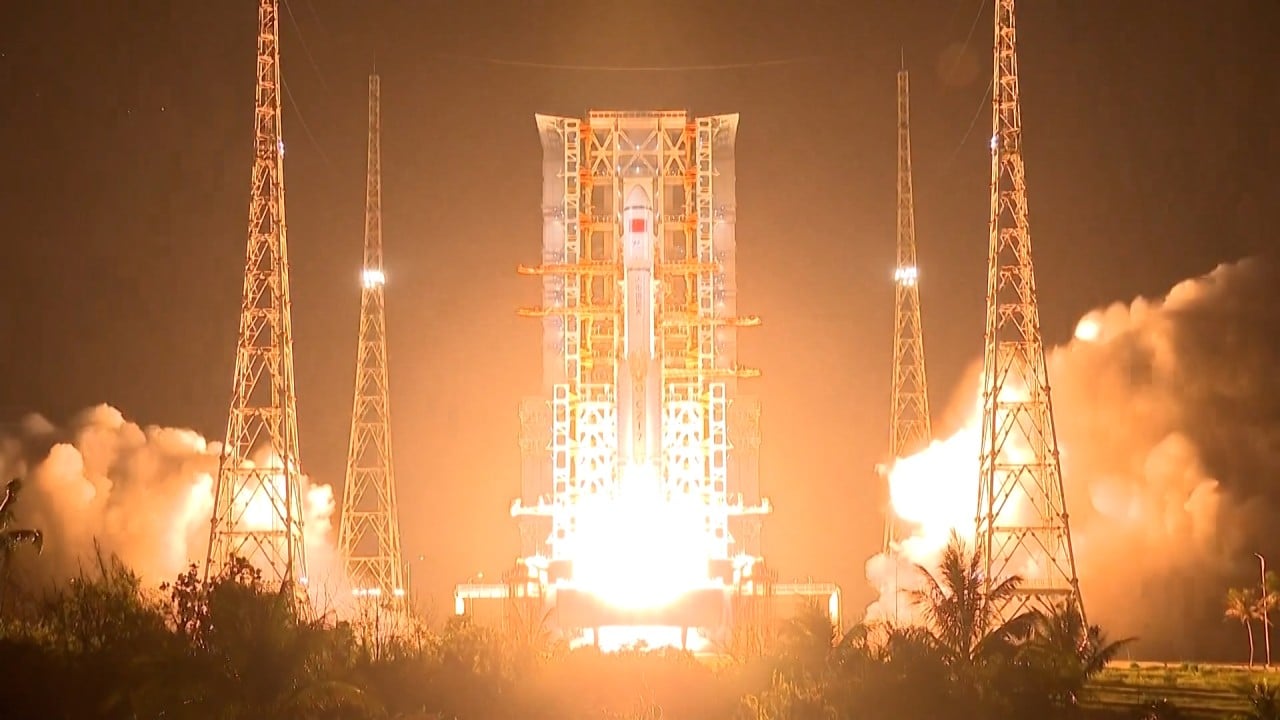As China scrambles to build massive internet networks in space to rival Starlink, a growing divide is quietly emerging on the ground between national priorities and local ambition.
Advertisement
Often known as Beijing’s answer to SpaceX’s Starlink, Guo Wang has launched three batches of satellites in the past week alone – a sharp jump from its earlier pace of about one batch every two months.
The launches, which bring the total number of Guo Wang satellites in orbit to 57, used three different Long March rockets, signalling a national push to ensure the project received all the launch capacity it needed to stay on track.
With state-owned rockets seemingly out of reach, Qianfan is now turning to private rocket companies for help.
Advertisement
In late July, Shanghai Yuanxin Satellite Technology – the company behind Qianfan – issued its second launch tender of the year, seeking seven rocket launches to deploy 94 satellites. The contract, worth 1.4 billion yuan (US$186 million), requires all satellites to be delivered into orbit by March next year.



